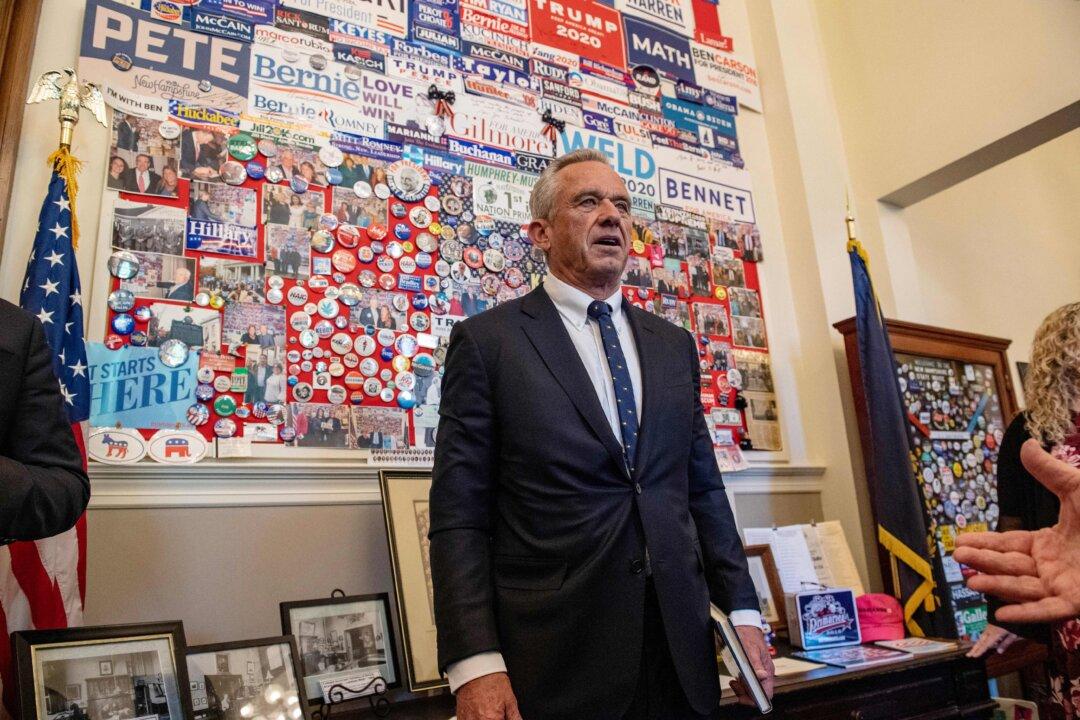WASHINGTON—While attendees of a conservative conference headlined by President Donald Trump arrived on one side of the Omni Shoreham Hotel, the DNC Rules and Bylaws Committee gathered on the opposite wing on Sept. 14 and voted unanimously to give New Hampshire Democrats another month to provide a 2024 primary plan that complies with the party’s guidelines.
It marked the third time that the DNC gave an extension to New Hampshire in hopes that state Democrats abide by the national party’s new primary schedule.





